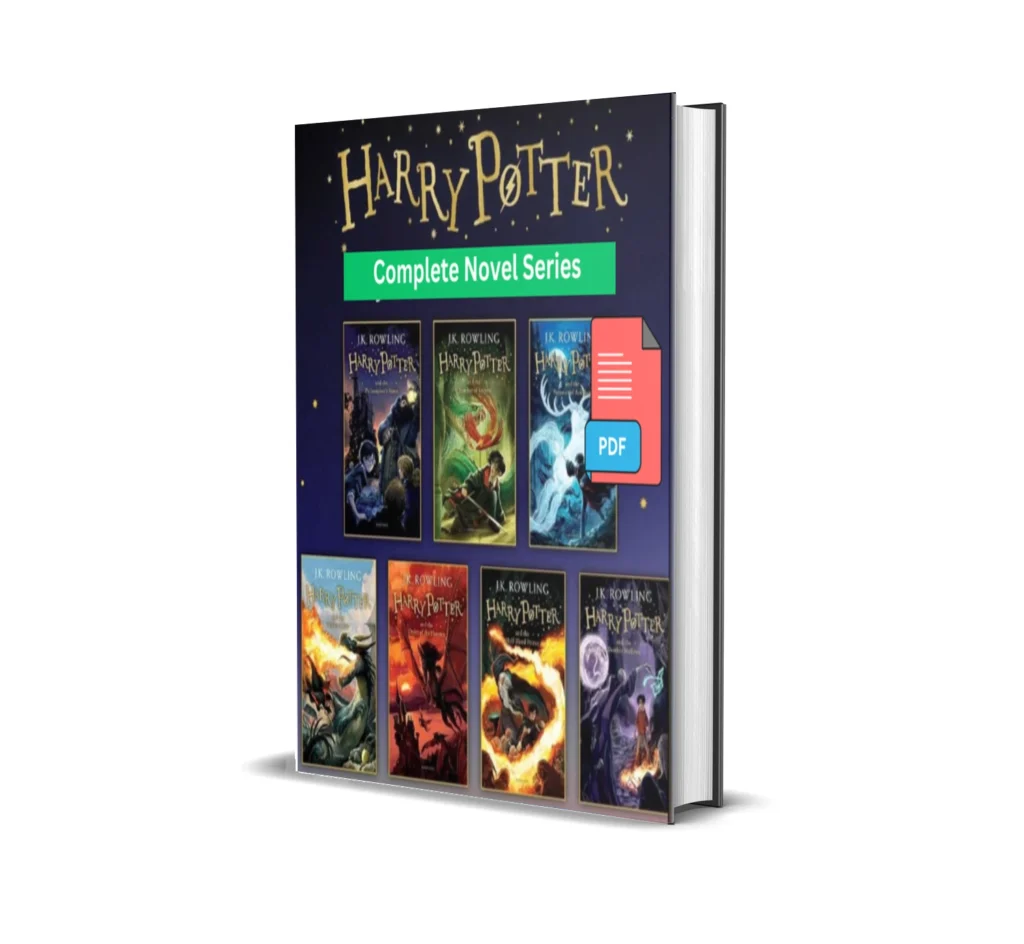Learning English through Reading literature is one of the most effective and enjoyable ways to improve your language skills. Not only does it help expand your vocabulary, but it also enhances your reading comprehension and understanding of grammar. Literature brings words to life, showing how they are used in context and giving you the opportunity to absorb English naturally. If you’re a beginner or intermediate learner, starting with the right books can significantly boost your fluency and confidence.

Why Literature is Key to Learning English
- Expands Vocabulary
When you read literature, you encounter new words, expressions, and idioms. Fiction, especially, introduces you to different styles of writing, from formal to conversational. The beauty of Learning English through reading literature is that you see how words are used in real-life contexts, which makes it easier to remember and apply them. - Enhances Grammar
Books often use complex sentence structures, which can help you learn proper grammar naturally. When you read a well-written novel, you observe how punctuation, tenses, and sentence flow work, helping you grasp these rules intuitively. - Improves Comprehension and Fluency
The more you read, the better your comprehension becomes. You start to recognize sentence patterns and familiar words, making reading more enjoyable. Literature also exposes you to various themes and character dialogues, improving your understanding of different accents, tones, and contexts.
Here are some top books that can help you learn English while enjoying captivating stories—including the iconic Harry Potter series.
Top Books to Start With for Learning English
- Harry Potter Series by J.K. Rowling
If you’re looking to learn English through literature, the Harry Potter series is an excellent choice. The books are accessible, yet rich in vocabulary and language structure, making them perfect for learners at different stages.

Why it’s great for learning English: The Harry Potter series is filled with magical creatures, detailed descriptions, and a variety of characters. The narrative style is both engaging and challenging, providing readers with a rich mix of vocabulary, from everyday language to more complex magical terms.
What you can learn: The books help improve comprehension, as they describe emotions, landscapes, and actions vividly. You’ll also pick up new expressions, colloquial phrases, and a mix of formal and informal language.
How to learn: Focus on how dialogue is structured and how different characters speak. The way J.K. Rowling uses dialogue is a great model for learning conversational English.
- The Little Prince by Antoine de Saint-Exupéry
This classic novella is a favorite for learners because it uses simple, yet deep, language.
Why it’s great for learning English: The Little Prince is a philosophical book written in clear, concise English, making it accessible to learners of all levels.
What you can learn: Through its straightforward sentences, you’ll pick up vocabulary related to nature, emotions, and relationships.
How to learn: The symbolism in the book allows you to explore English in a more reflective manner, perfect for improving your ability to understand figurative language.
- Charlotte’s Web by E.B. White
This heartwarming story is a great option for young adult learners or anyone interested in improving their English.
Why it’s great for learning English: The language is clear and descriptive, and the plot is simple to follow, making it ideal for beginners.
What you can learn: Vocabulary related to animals, emotions, and relationships are prominent in Charlotte’s Web. It also gives you an understanding of how to build simple, effective sentences.
How to learn: Pay attention to the structure of the sentences and how dialogue is interwoven with description.
- The Outsiders by S.E. Hinton
This popular young adult novel is rich in conversational English, which is great for anyone looking to improve their speaking skills.
Why it’s great for learning English: The Outsiders provides a look into the world of teenagers, with colloquial language and authentic dialogue that is perfect for learners who want to sound more natural.
What you can learn: You’ll pick up informal language, slang, and everyday phrases commonly used in English-speaking countries.
- The Catcher in the Rye by J.D. Salinger
A staple in English literature, The Catcher in the Rye is full of idiomatic expressions and informal language.
Why it’s great for learning English: The narrative voice is unique and reflective, offering a firsthand look at how to use colloquial speech and informal language.
What you can learn: This novel will expand your vocabulary and help you grasp how tone and context influence how English is spoken.
- The Hunger Games by Suzanne Collins
A modern series that is packed with action and rich vocabulary, The Hunger Games will keep you engaged while improving your English.
Why it’s great for learning English: The books offer a mix of action, dialogue, and description, helping you learn both formal and conversational English.
What you can learn: From everyday vocabulary to dystopian terms, you’ll learn how English is used in both normal and tense situations.
How to Make the Most of Learning English Through Literature
Read with a Purpose: Don’t just read; aim to learn something new with each page. Maintain a notebook to keep write down new words and phrases.
Use a Dictionary: If you come across new words, look them up. Context will help you understand their meanings.
Re-read and Reflect: After finishing a chapter, reflect on what you’ve learned and how the language was used.
Learning English through reading is a fun and immersive way to improve your language skills. The Harry Potter series and other books like The Little Prince, Charlotte’s Web, and The Outsiders are not only entertaining but also full of valuable language lessons. By incorporating these books into your English learning routine, you can enhance your vocabulary, grammar, and overall fluency. Start reading today, and see how quickly your English skills improve!

